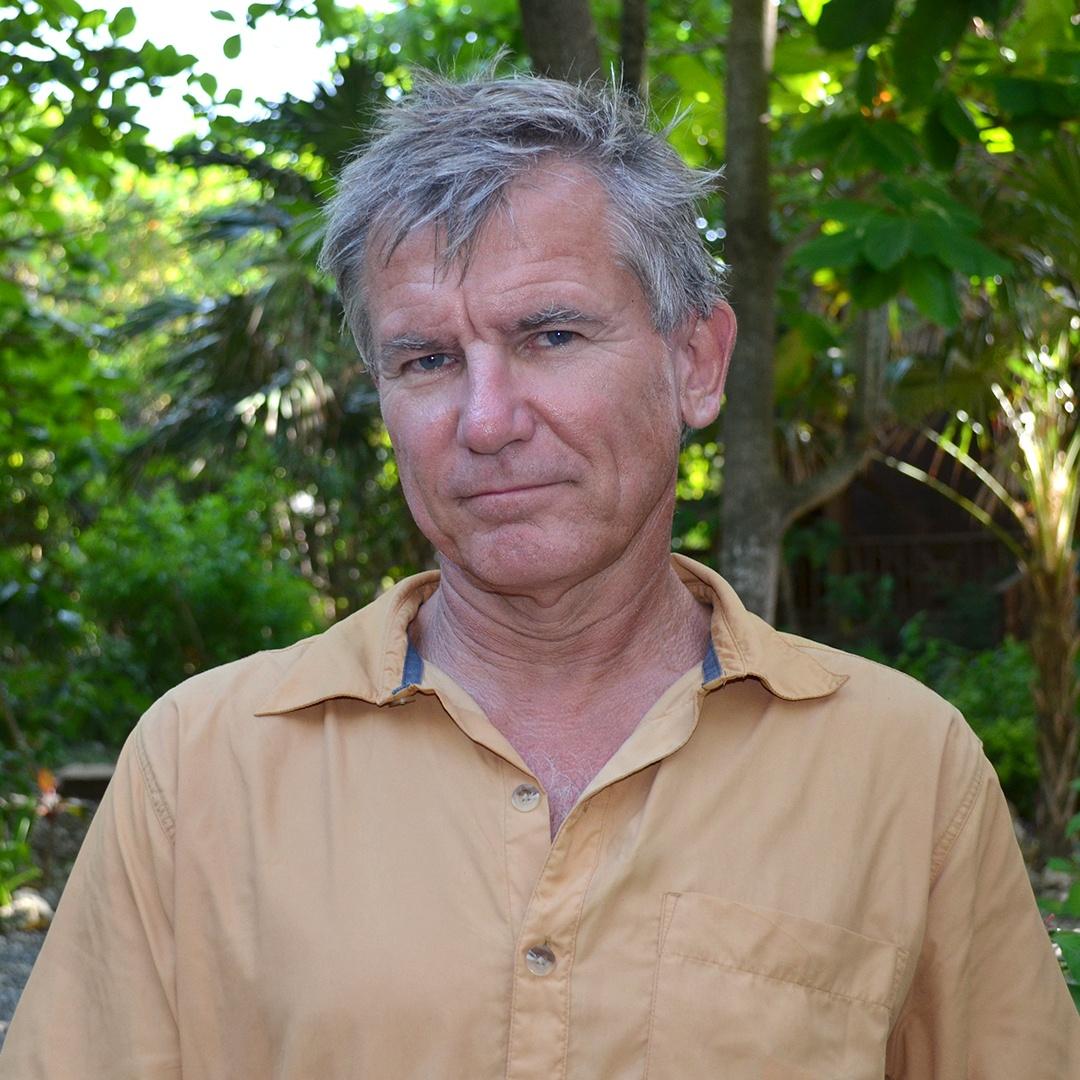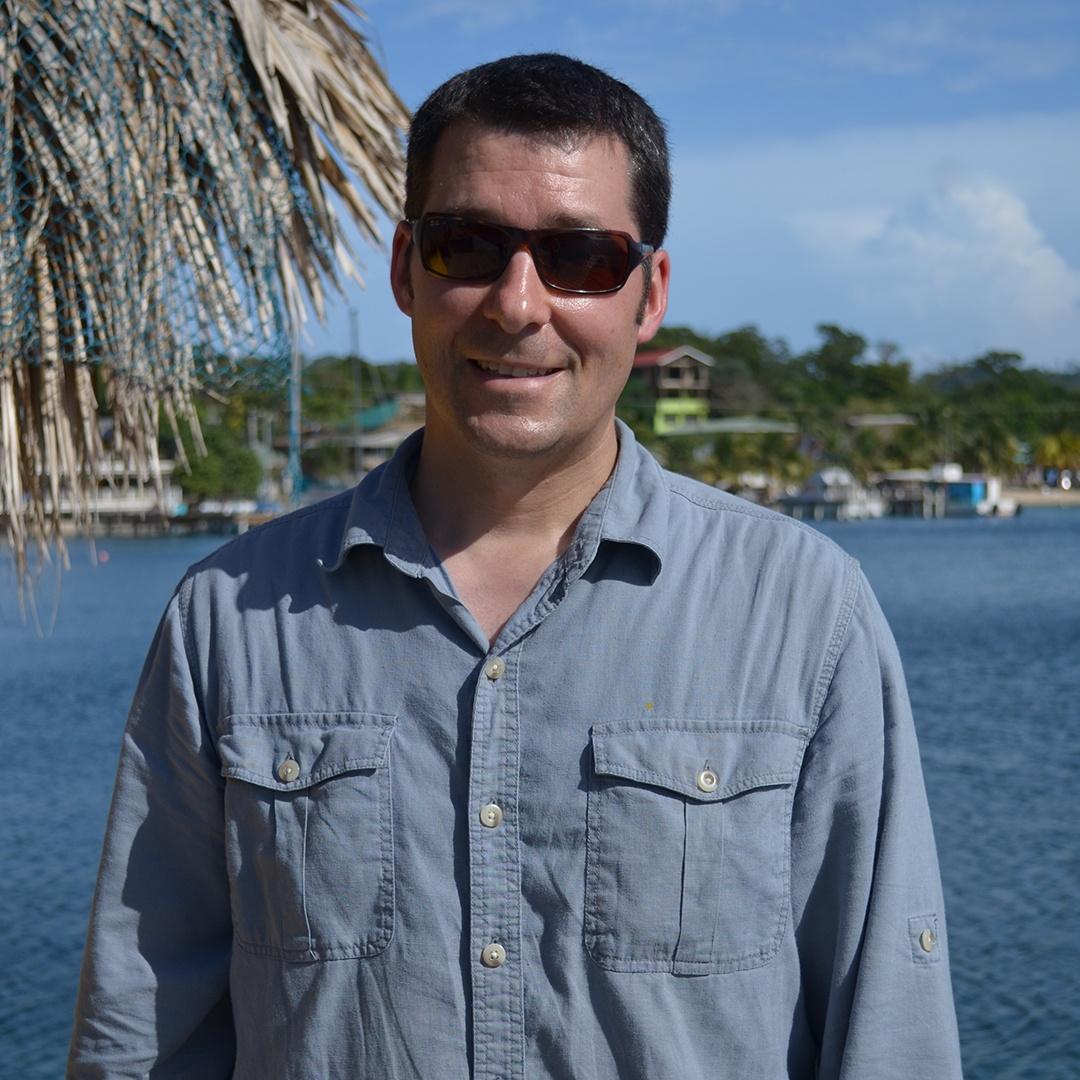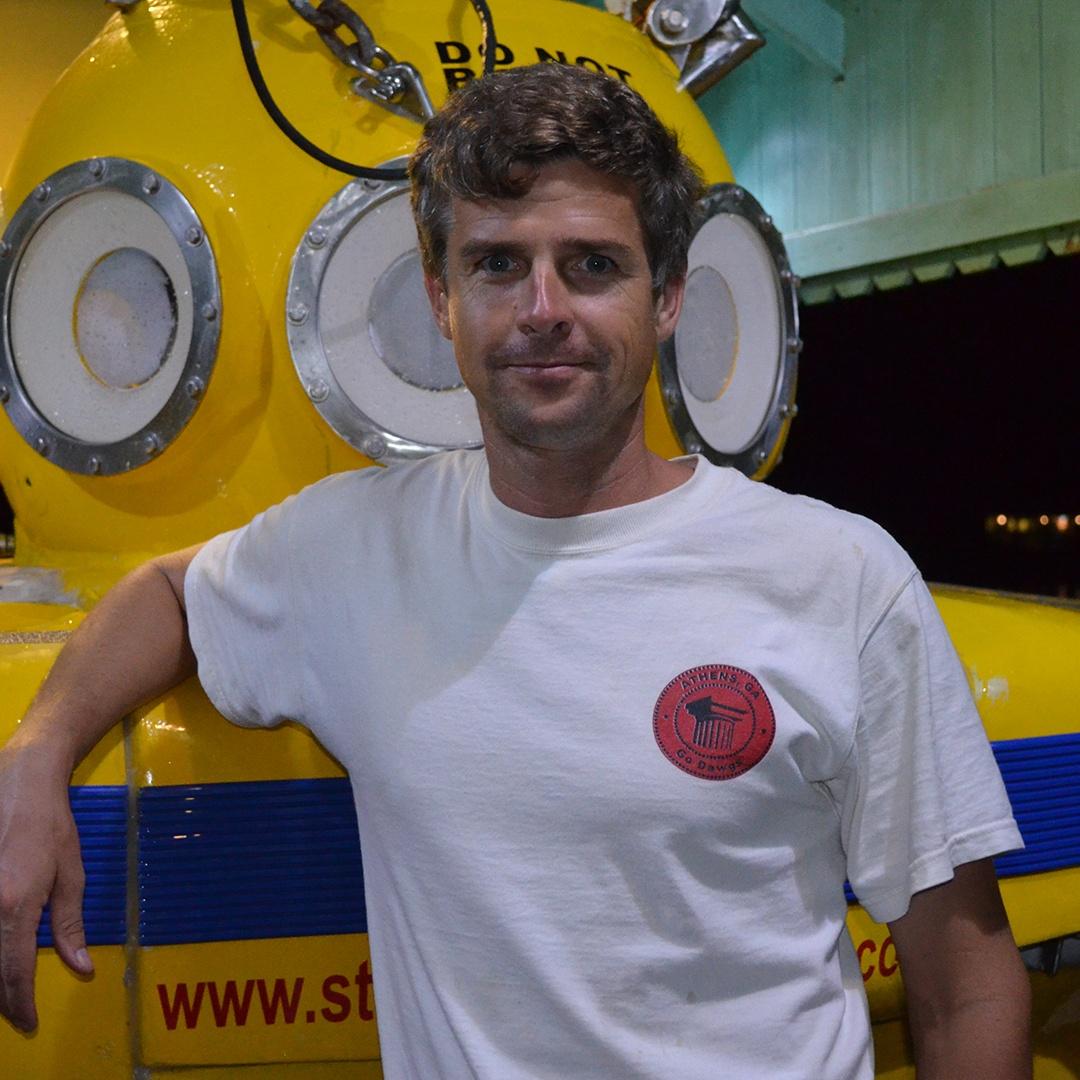Episode 601: Living Fossils
In the deep, dark waters off the coast of Roatan, Honduras, strange flowerlike animals flourish. These sea lilies and feather stars, known as crinoids, have been around in various forms since before the age of dinosaurs. Experts from Nova Southeastern University and the University of Michigan are working together to gather basic information about the life history of crinoids, such as how long they live and how fast they grow. To gain access to the animals, they brave the ocean depths onboard “Idabel”, a submersible based in Roatan’s West End. Sub builder and pilot Karl Stanley has extensive knowledge of the areas he can access with “Idabel,” making it possible for the scientists to return to the same spots year after year to study the animals. This ability to study crinoids over an extended time period will result in new knowledge about these mysterious animals that flourish far removed from our human world.
Experts
Meet the experts featured in this episode.
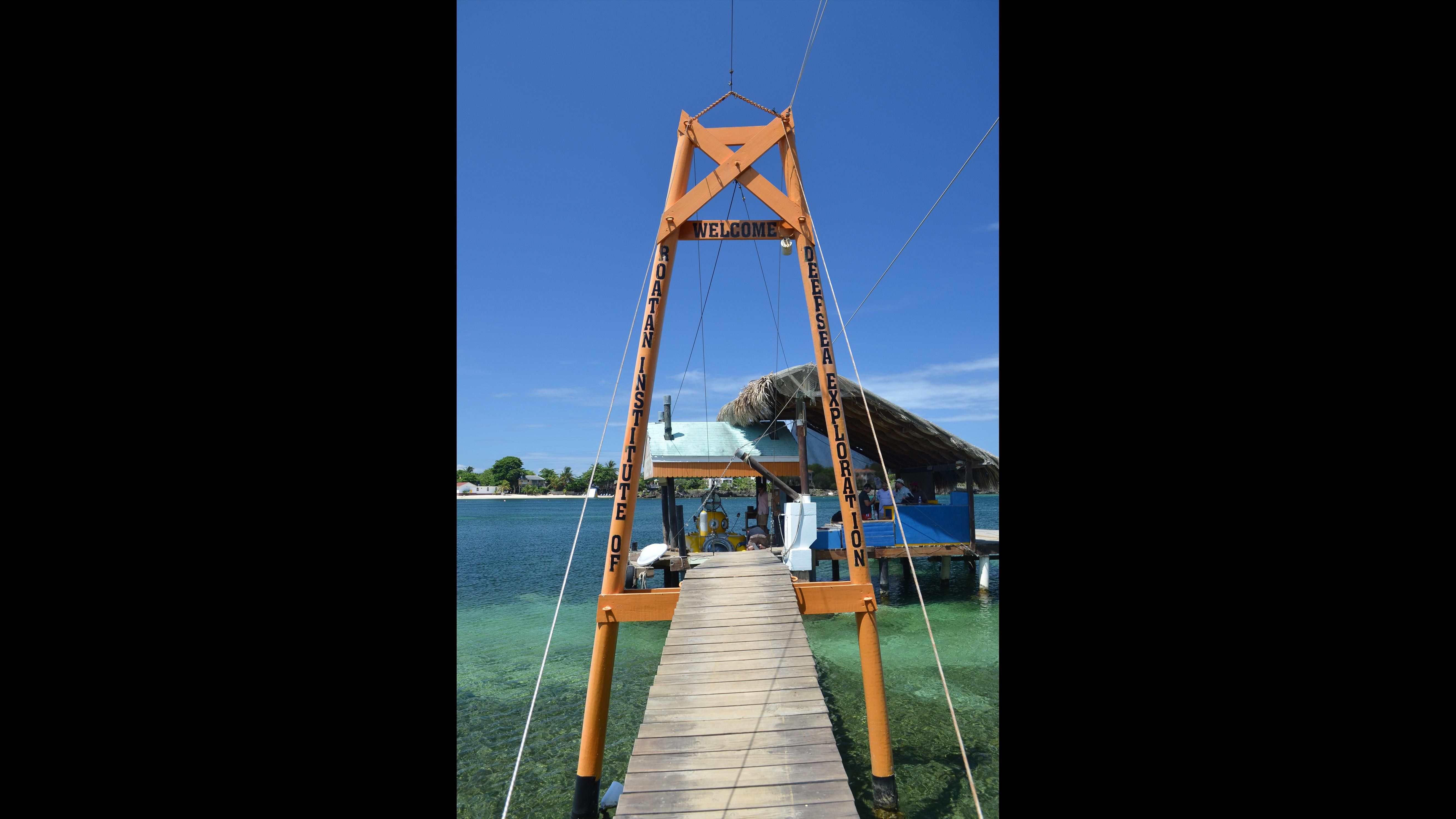
Changing Seas
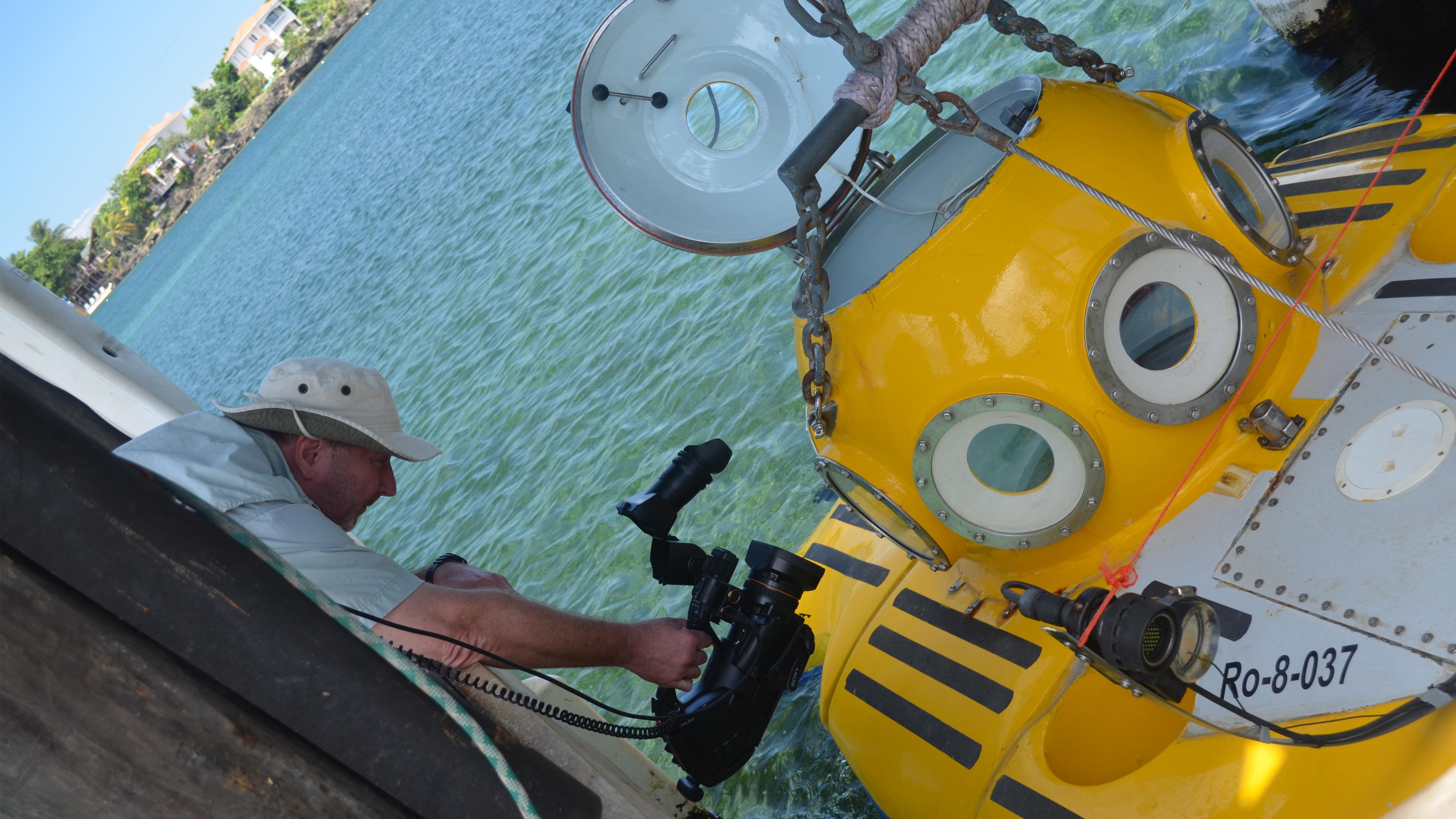
Changing Seas
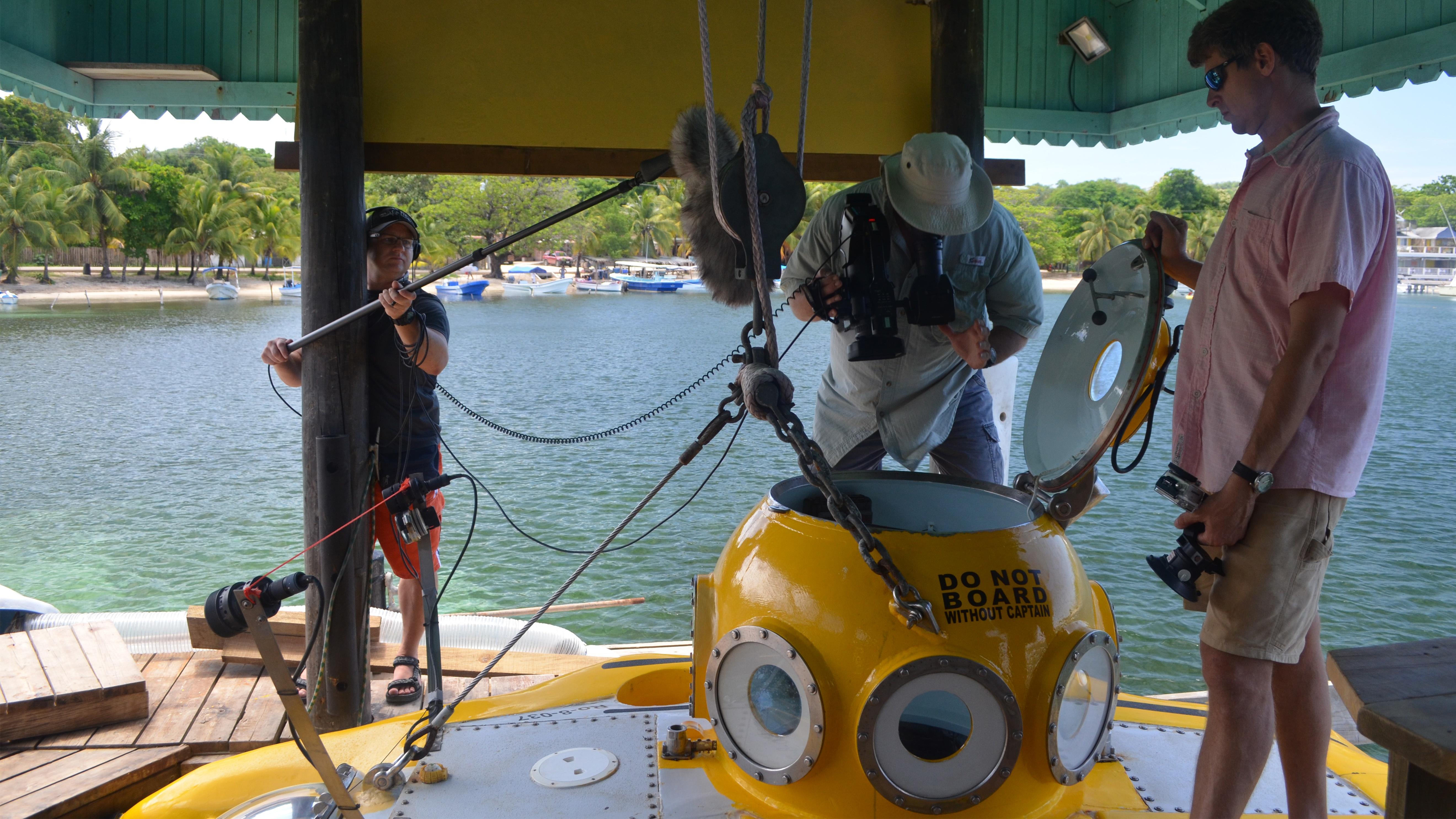
Changing Seas
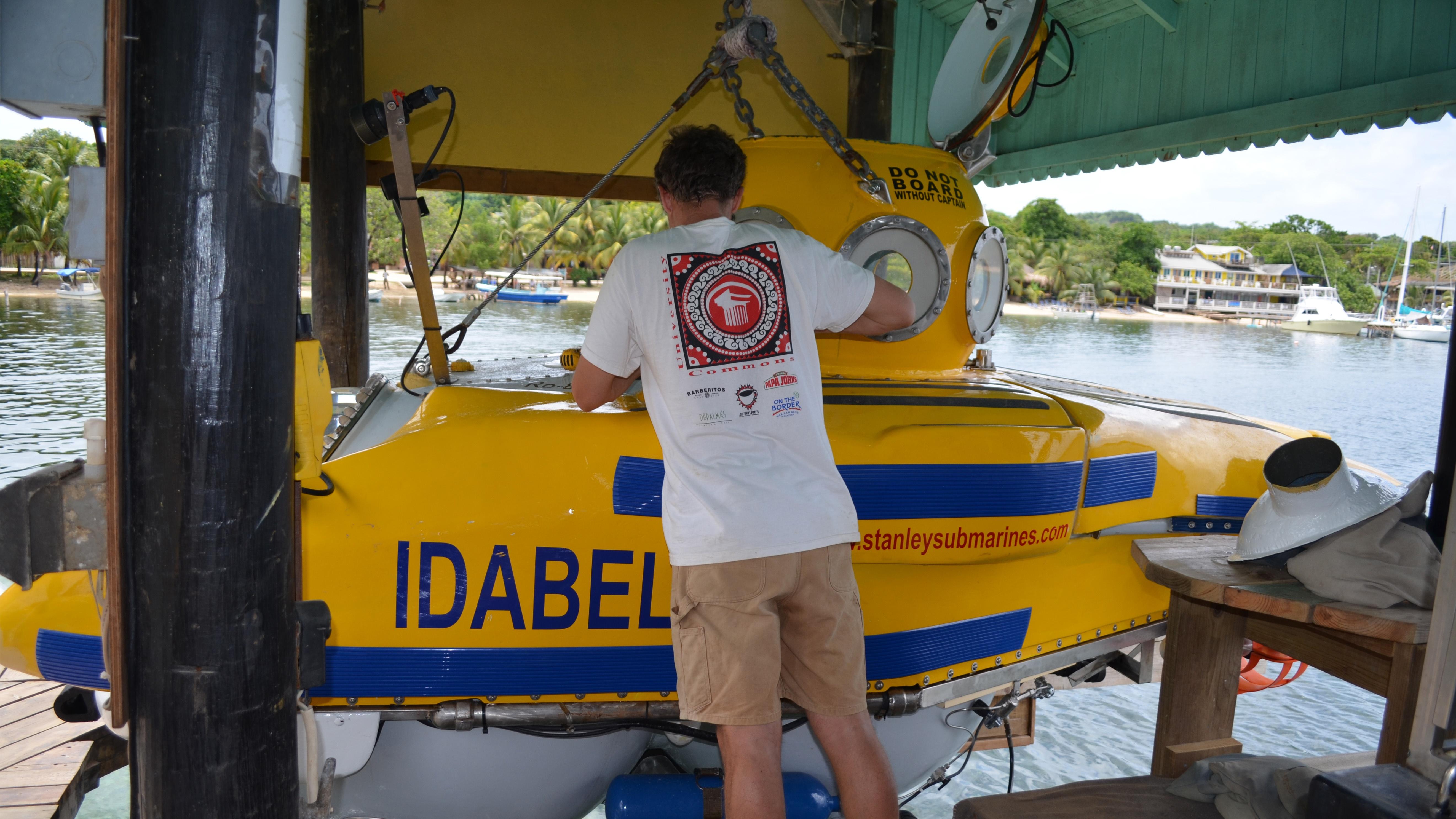
Changing Seas
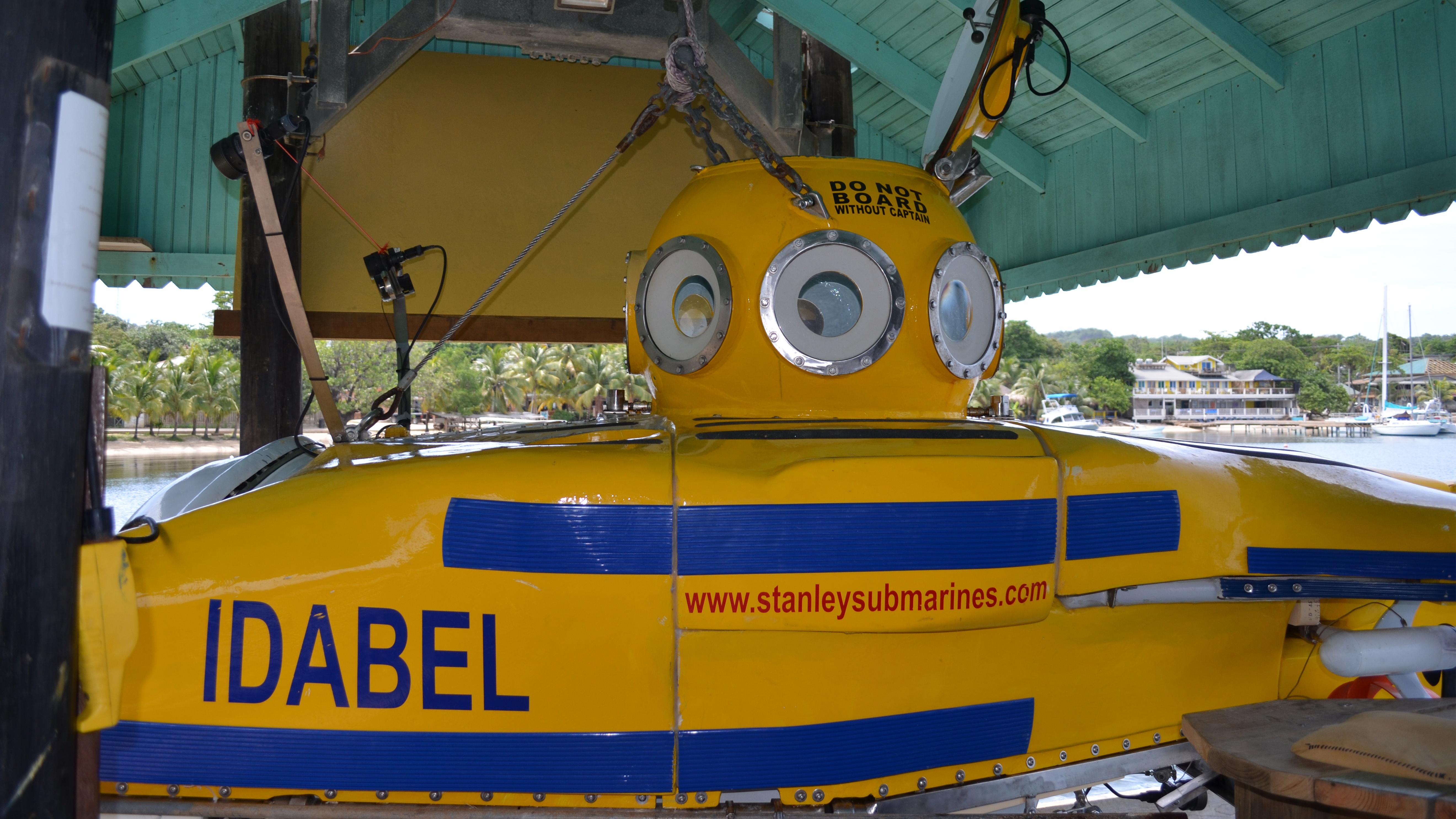
Changing Seas
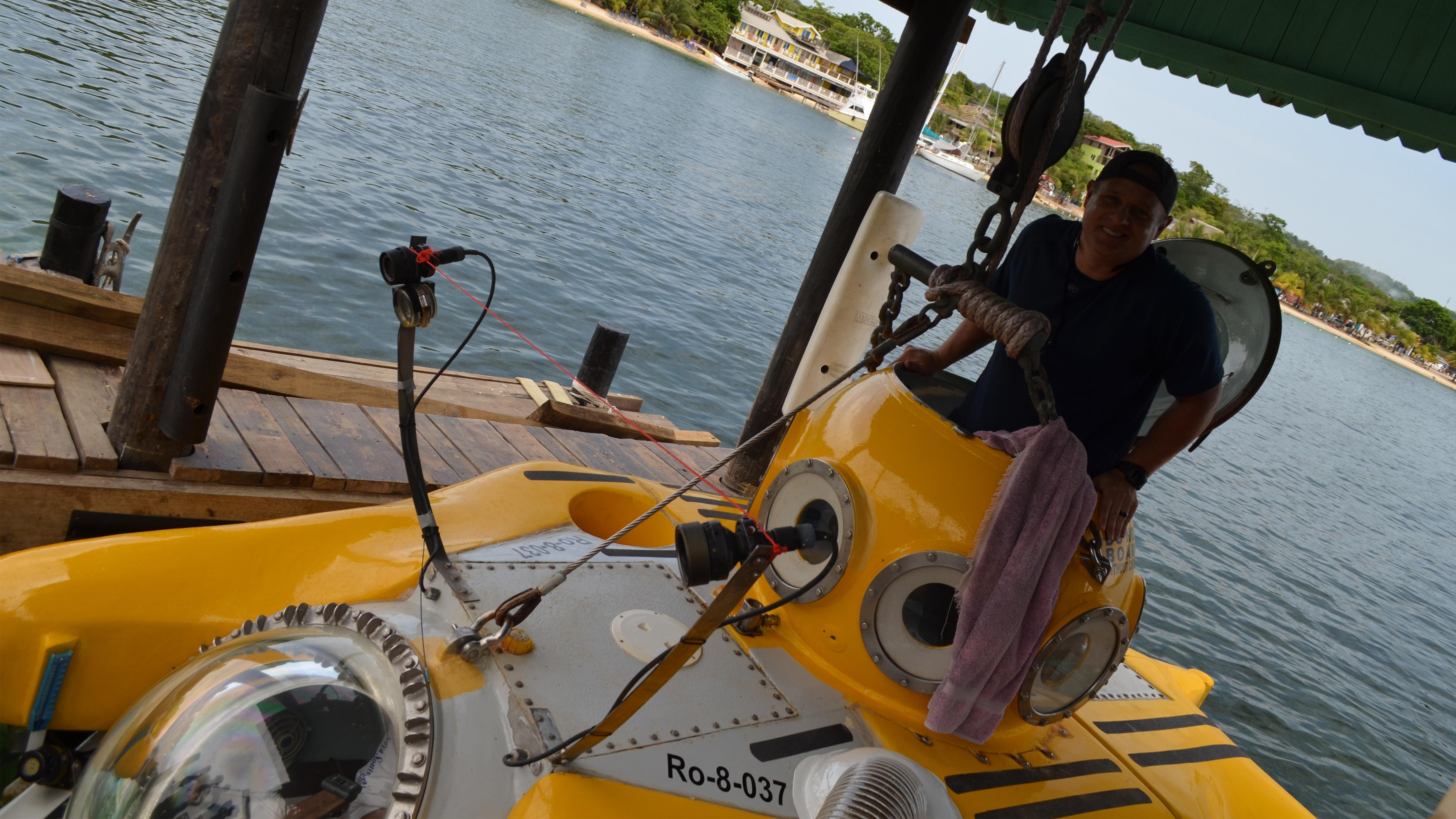
Changing Seas
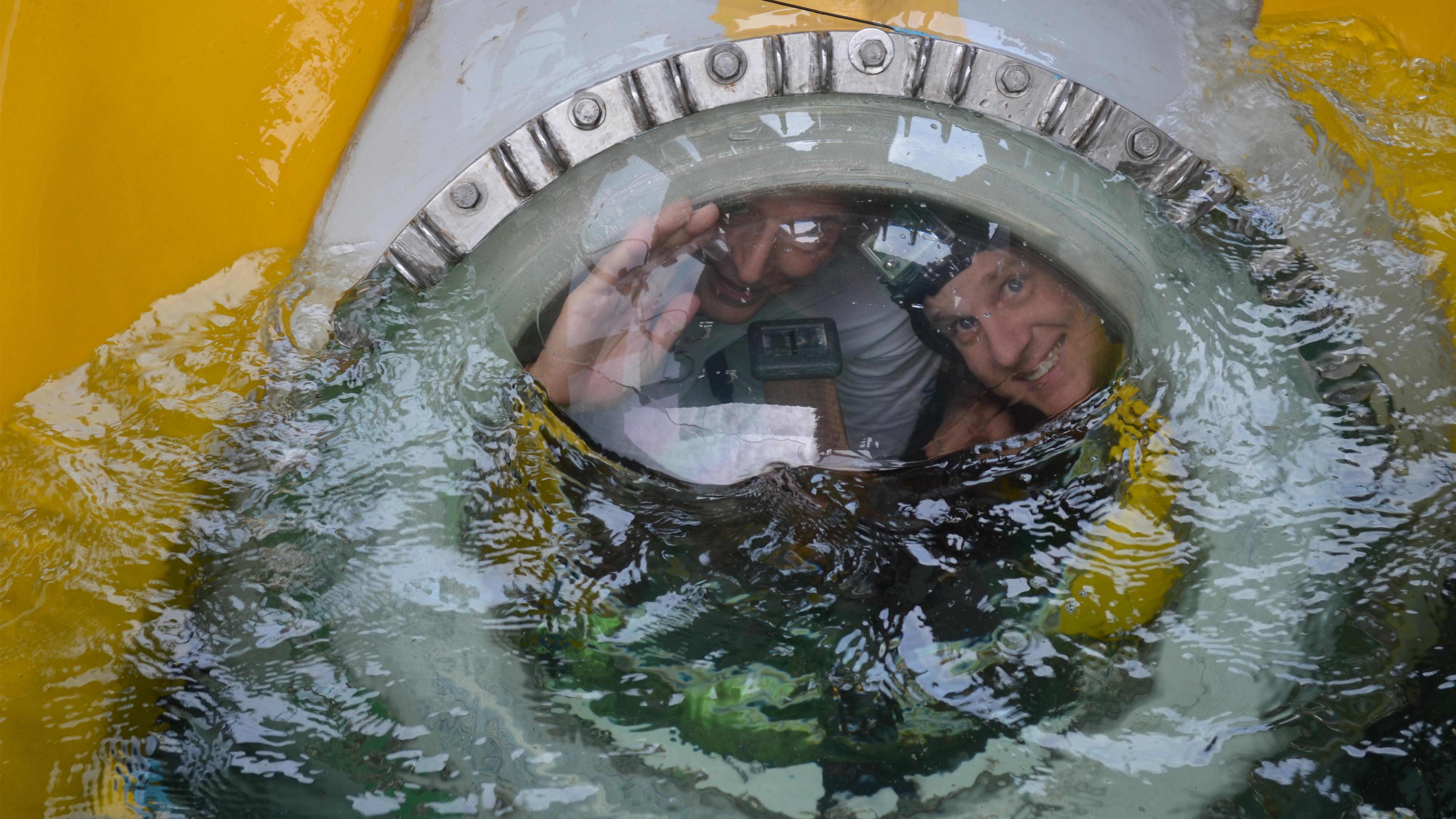
Changing Seas
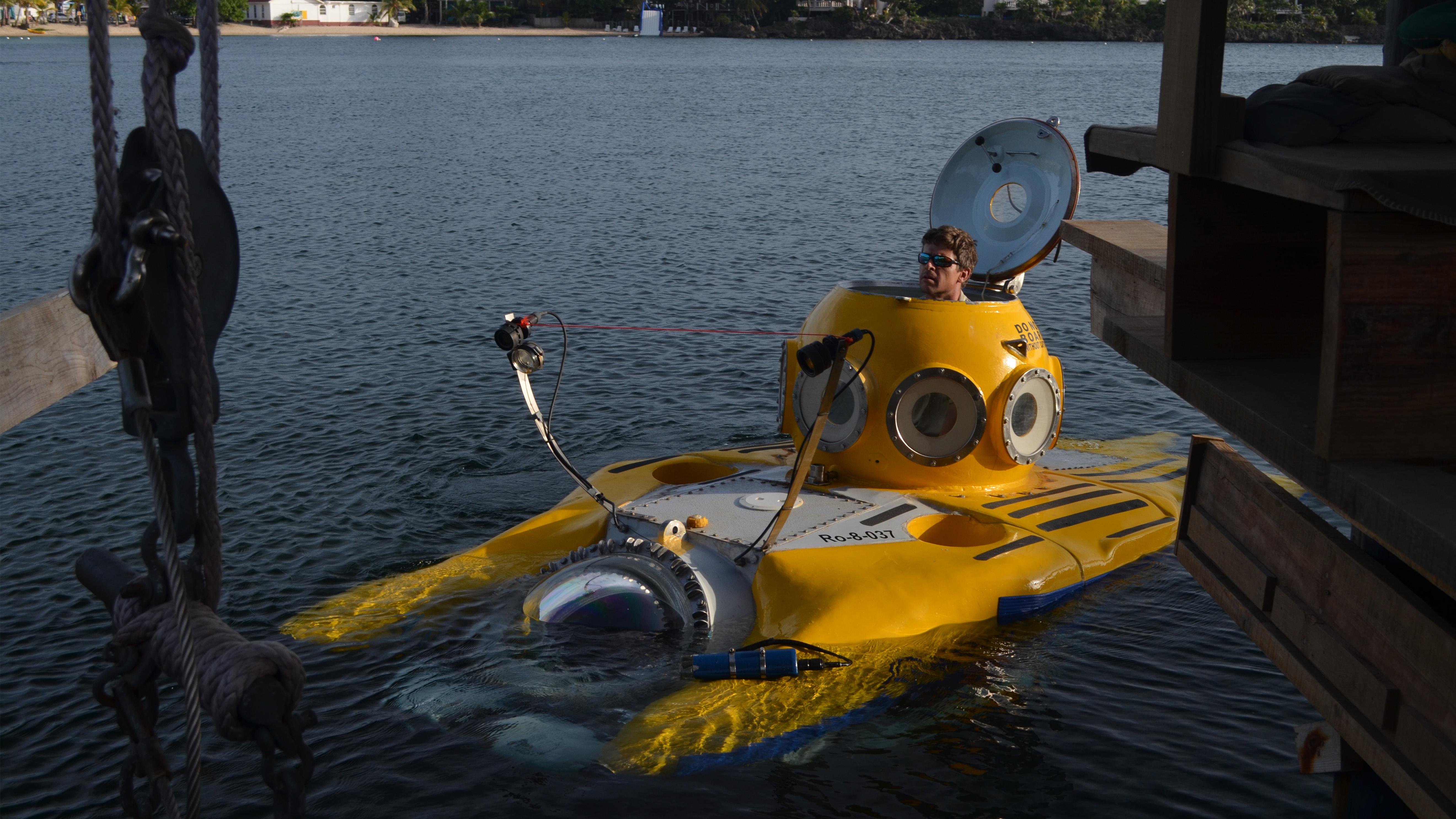
Changing Seas
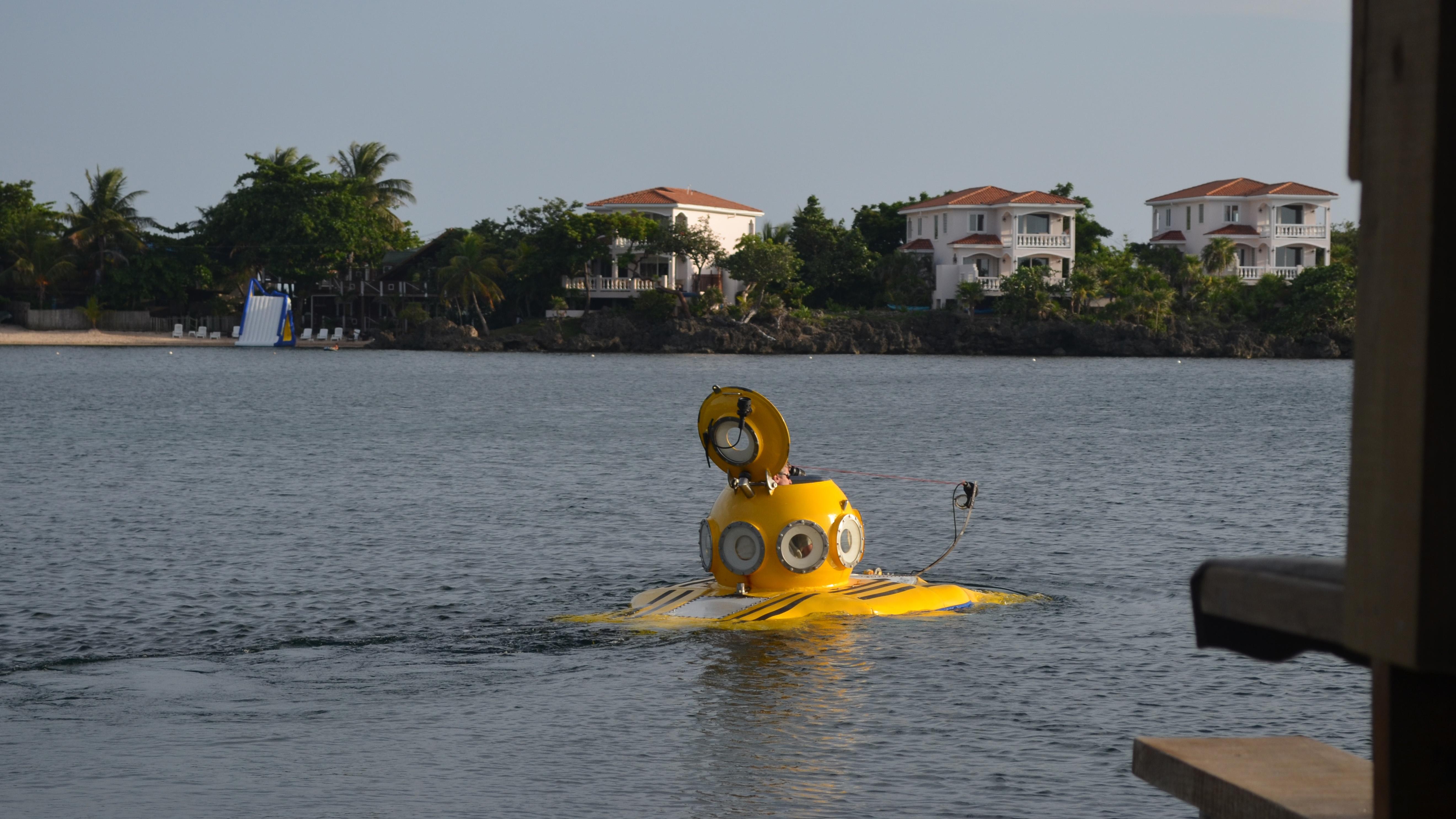
Changing Seas
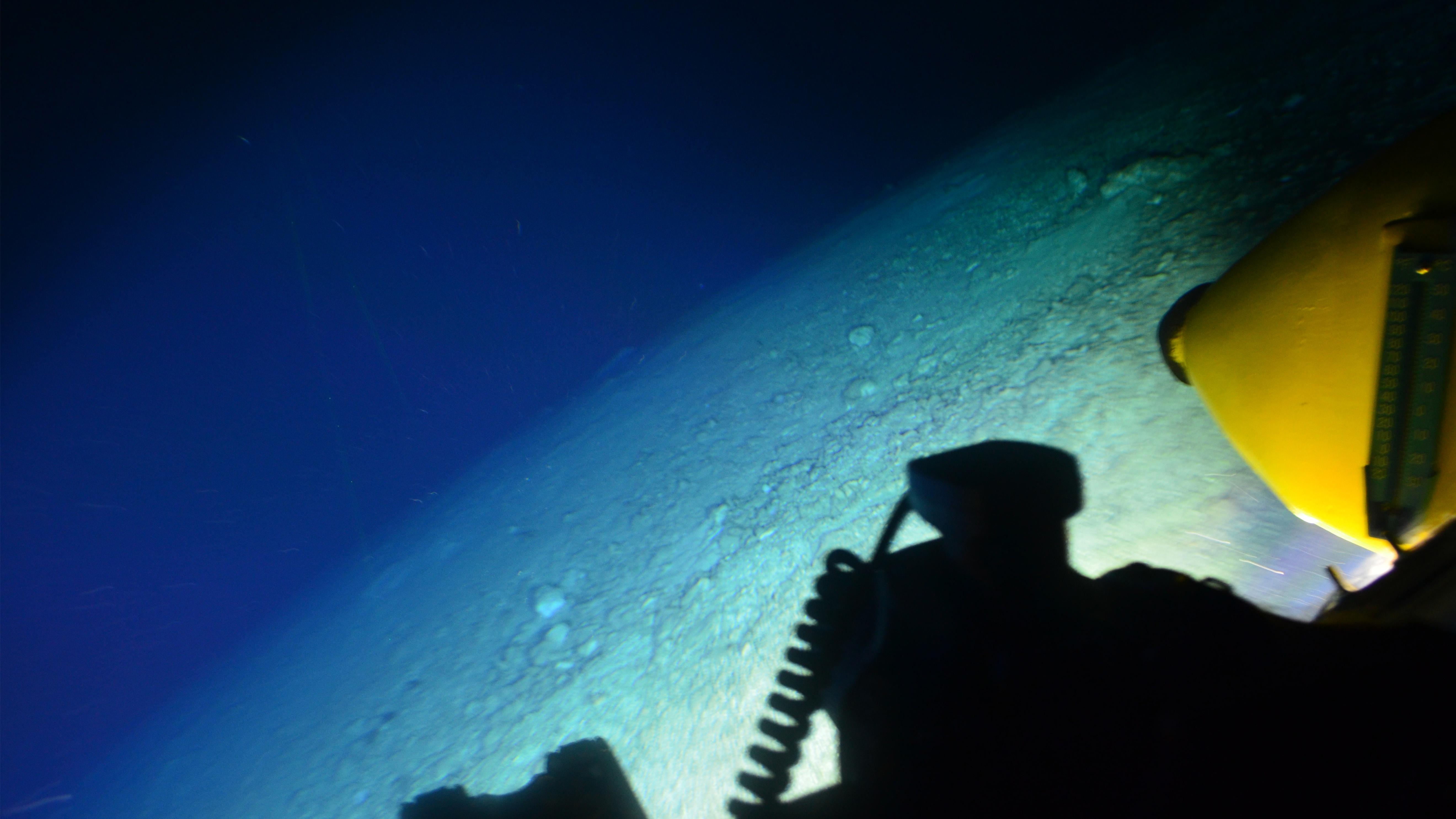
Changing Seas
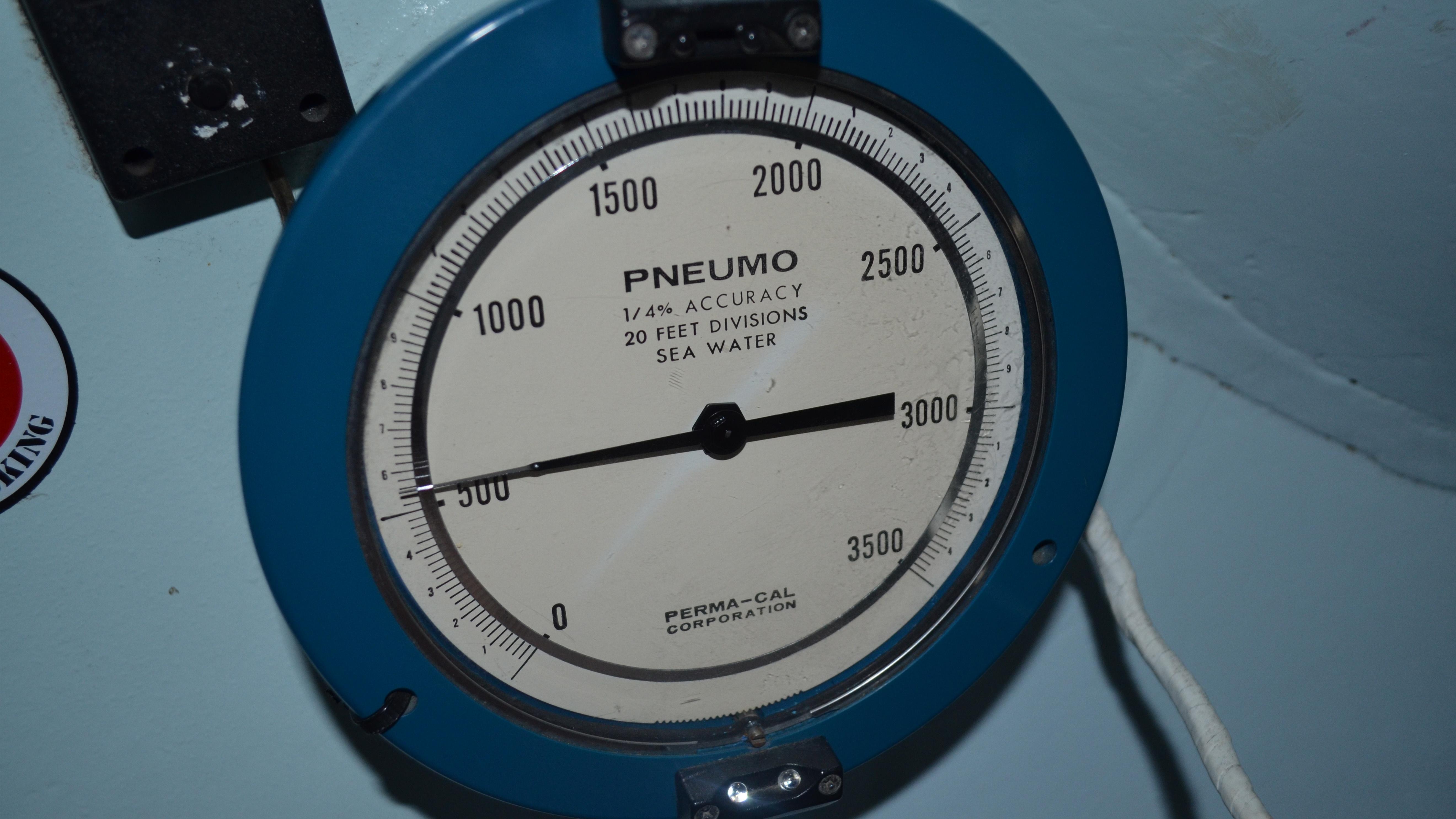
Changing Seas
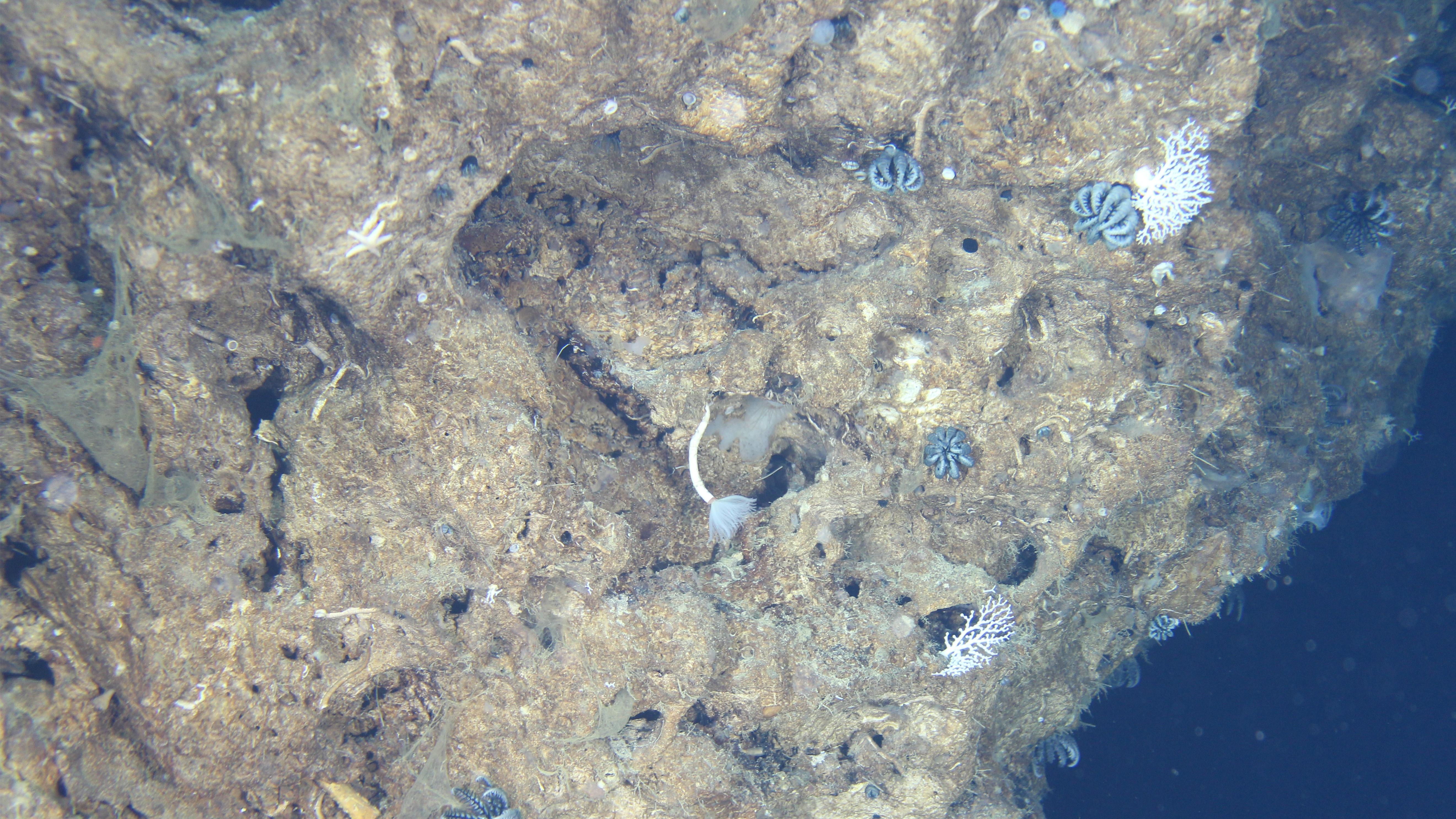
Charles Messing

Charles Messing
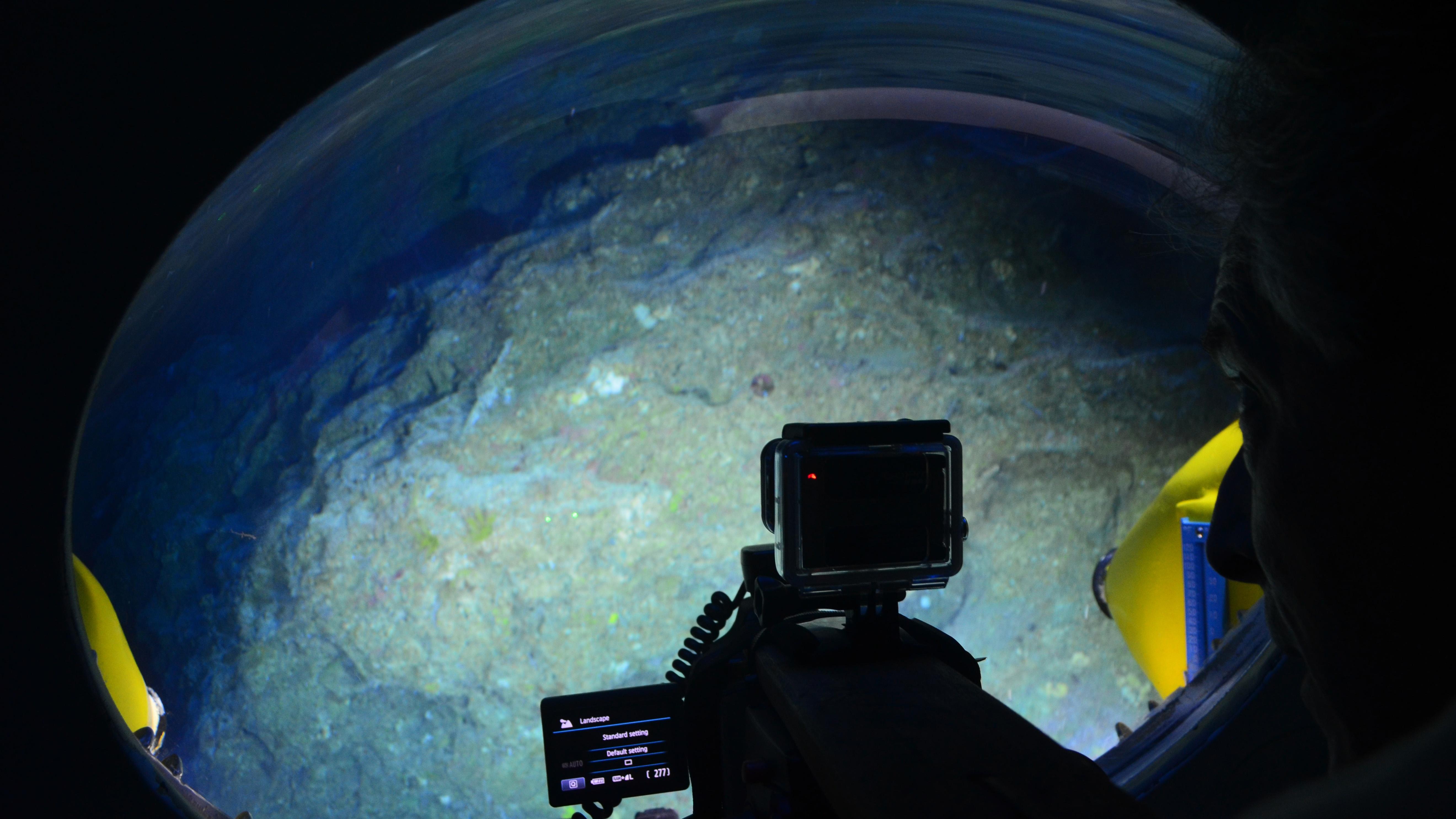
Changing Seas
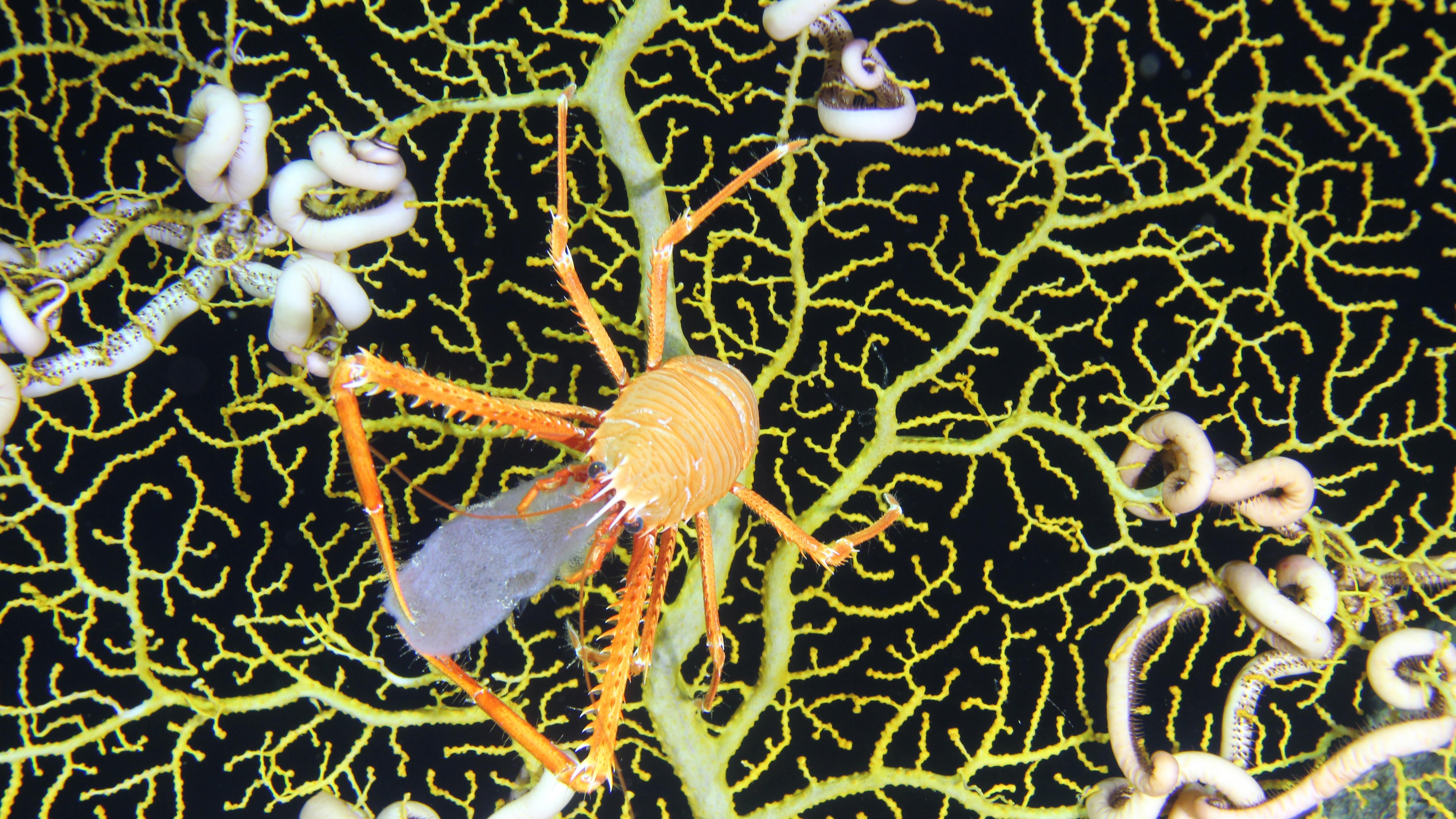
Charles Messing
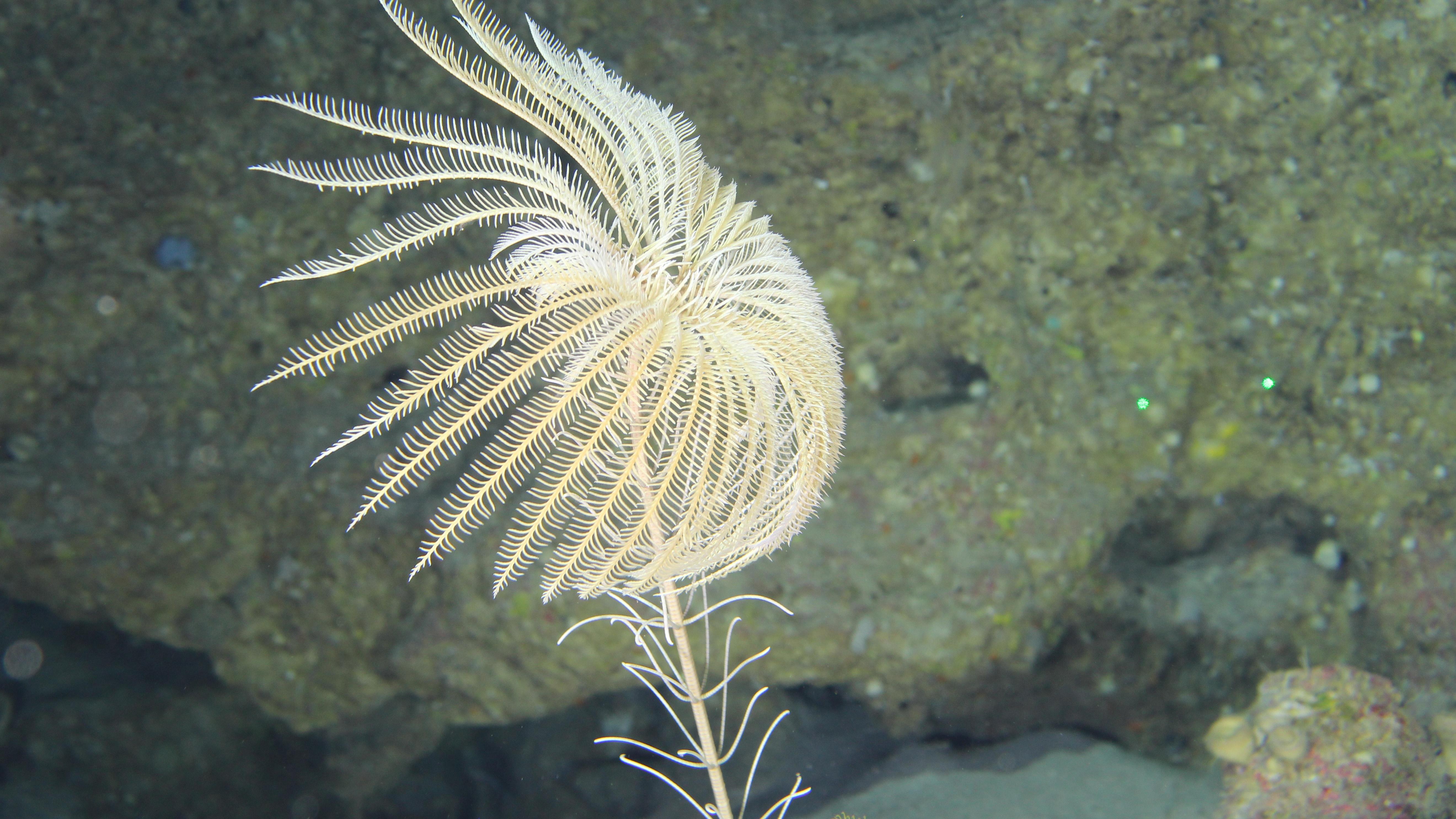
Charles Messing
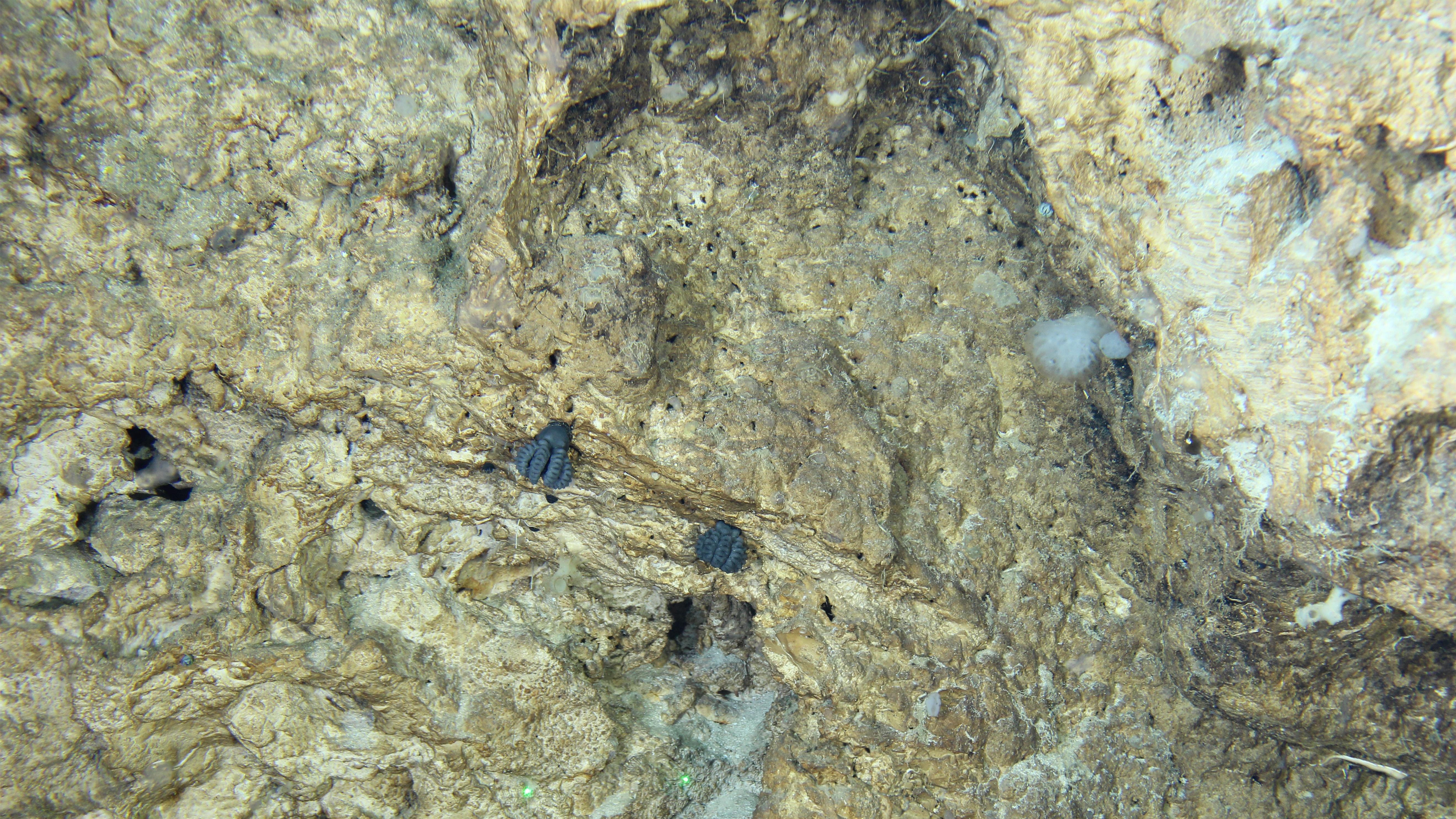
Charles Messing
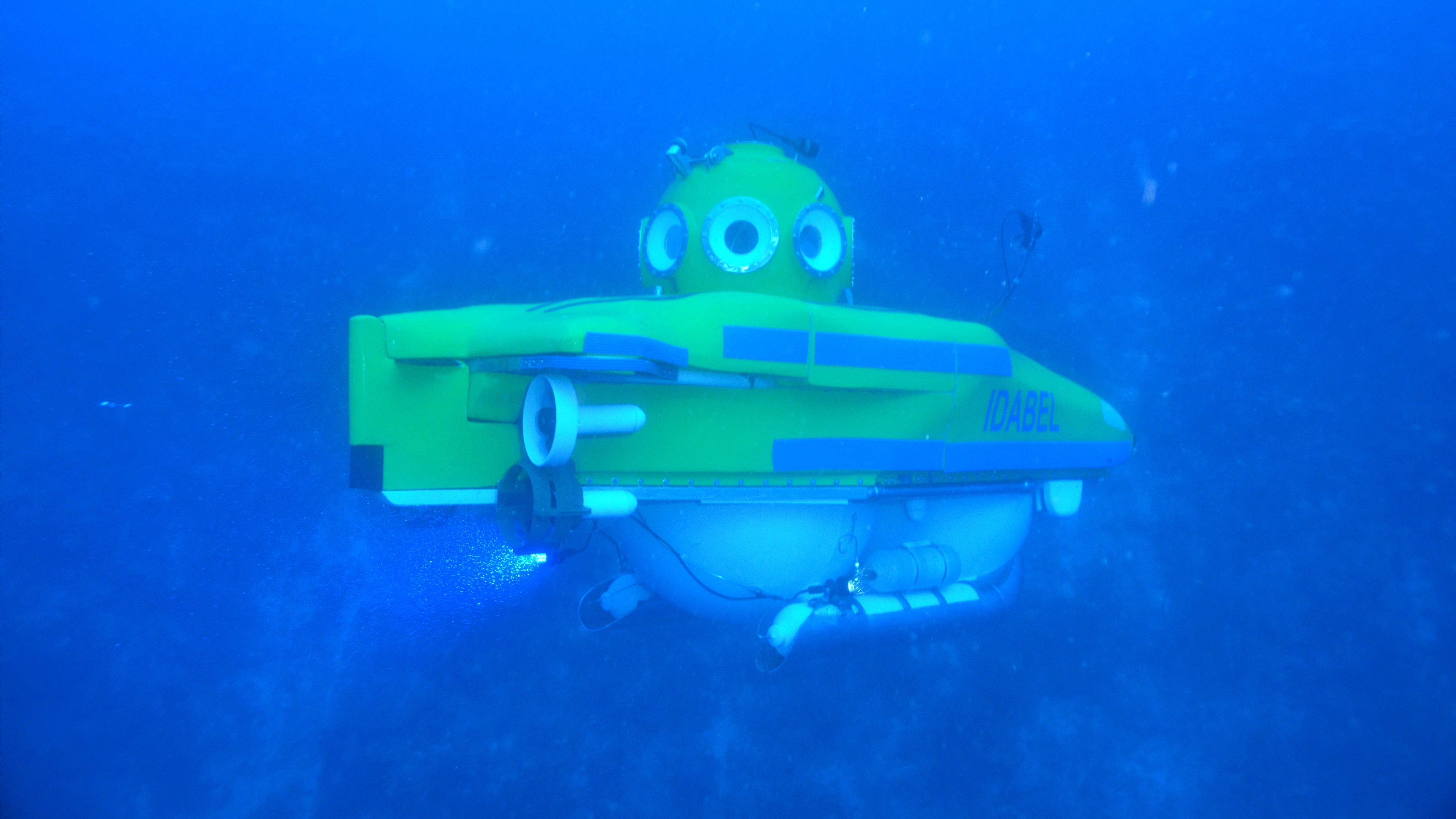
Changing Seas
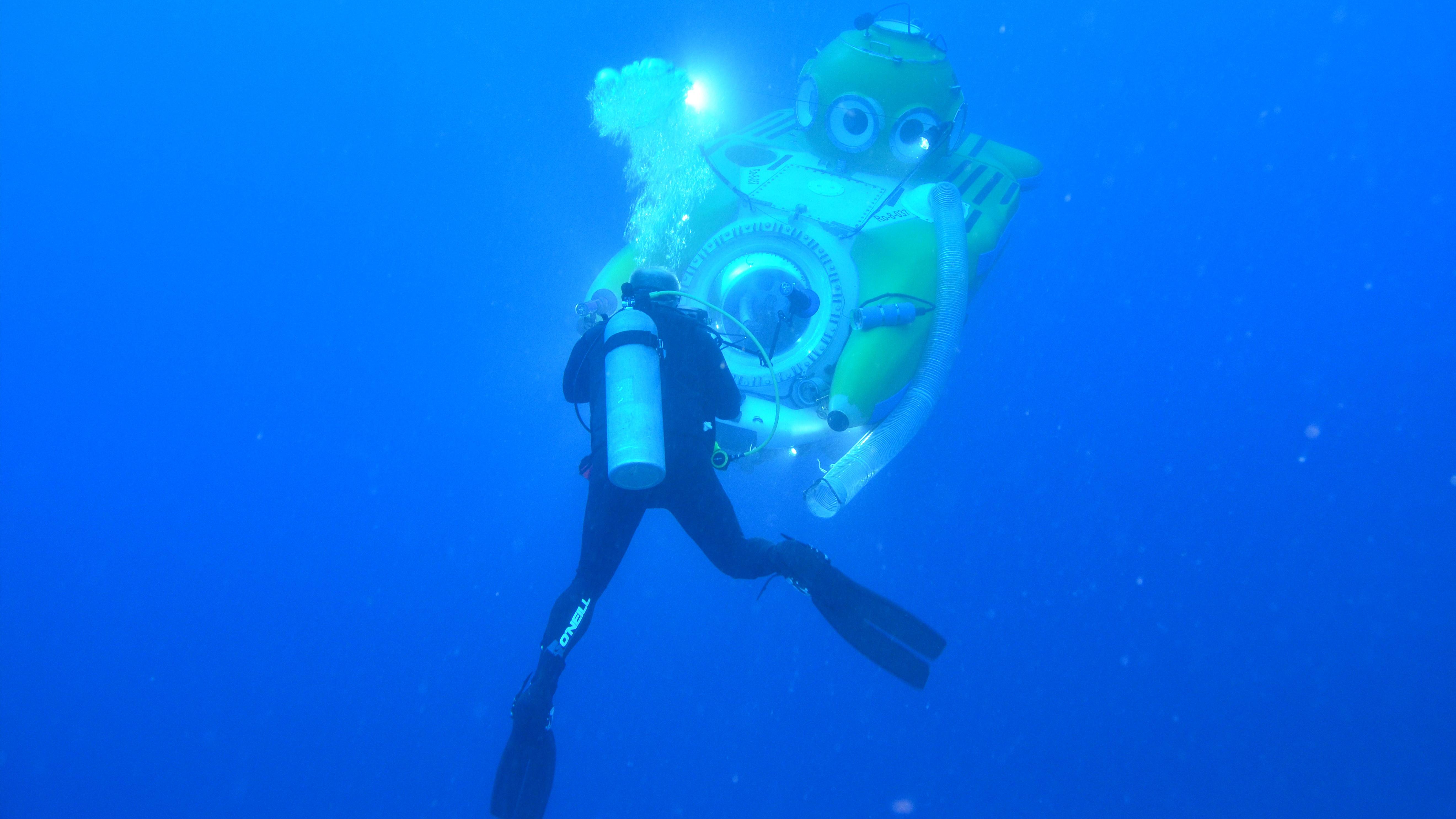
Changing Seas
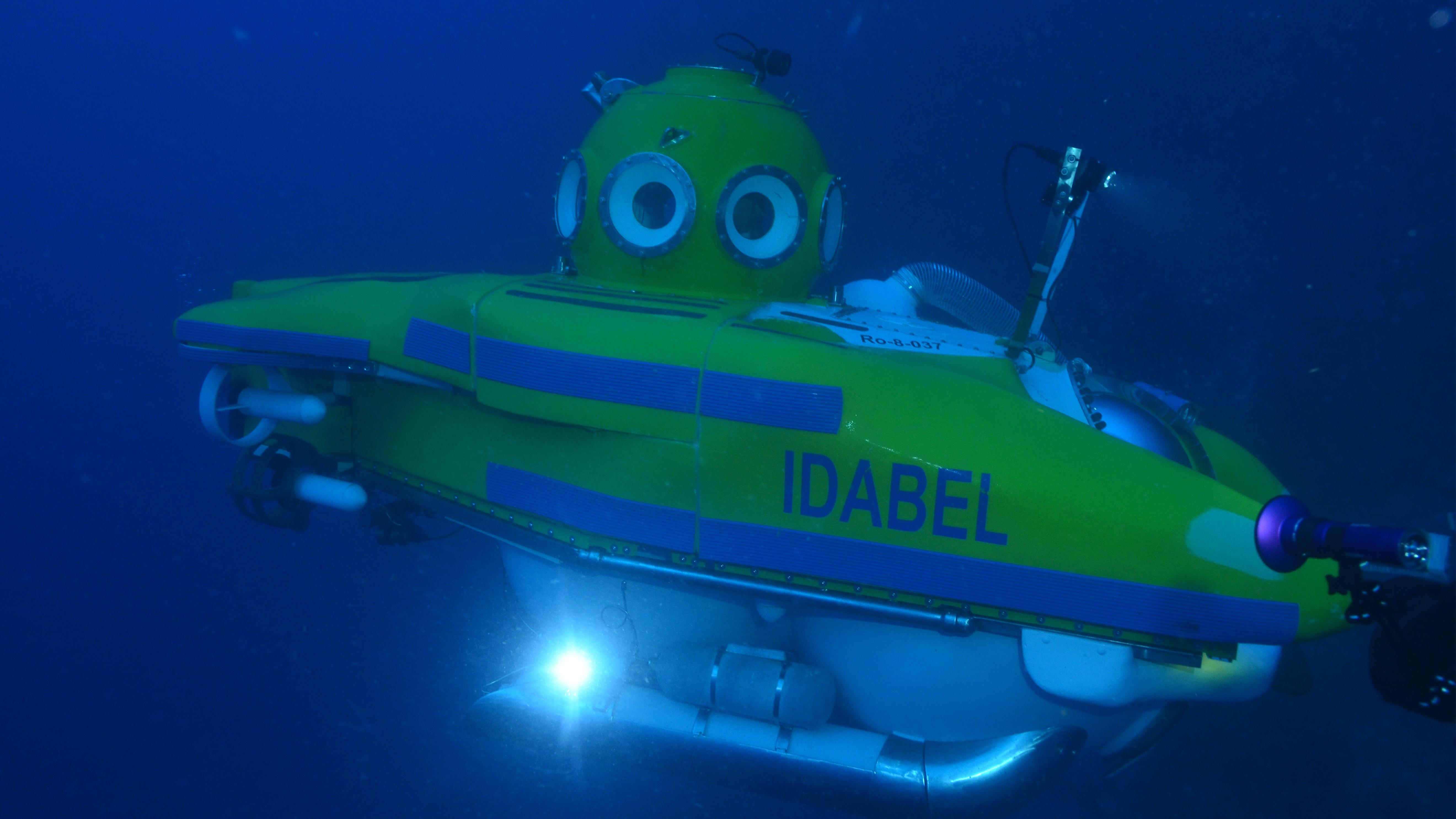
Changing Seas
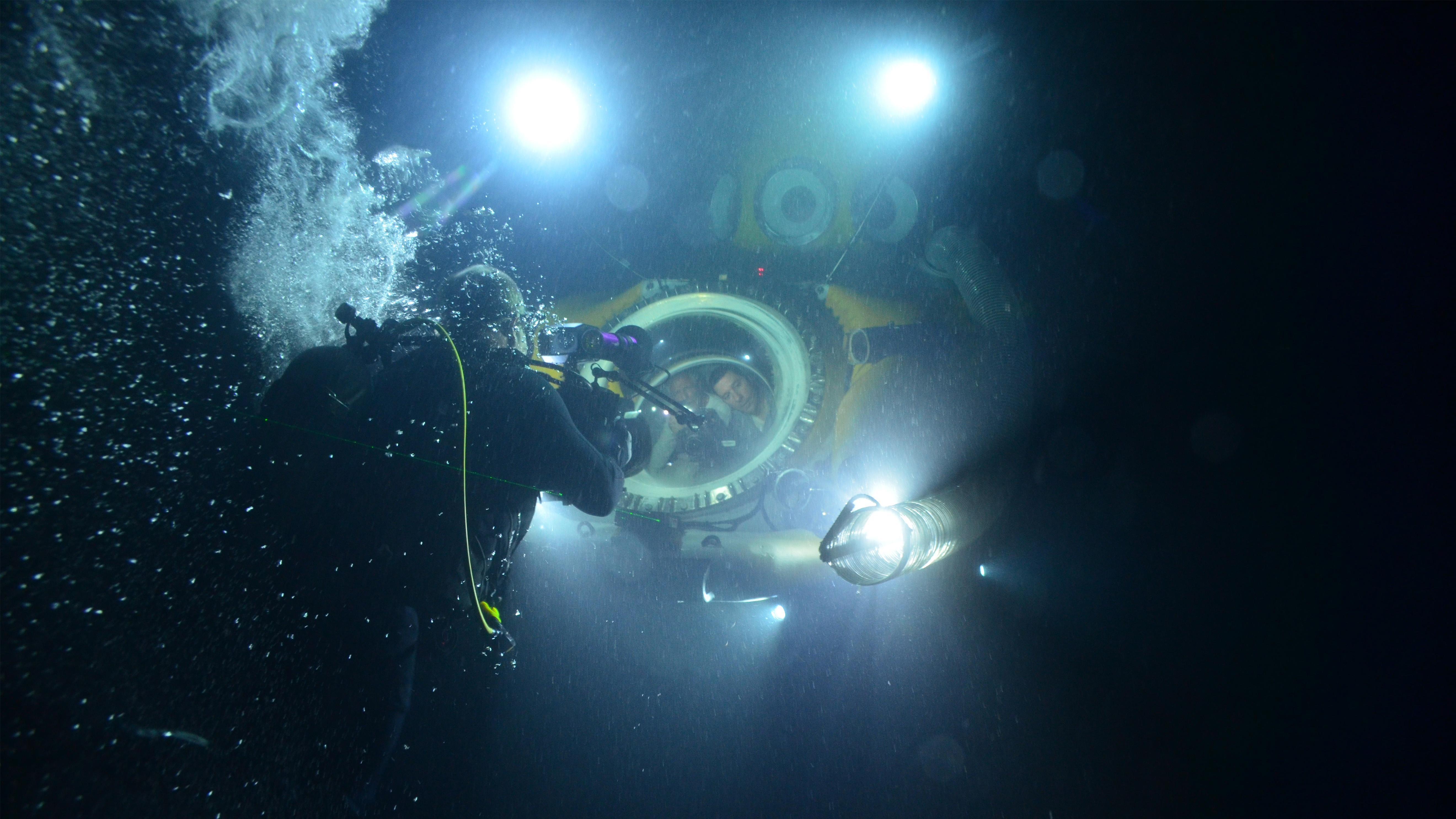
Changing Seas

Changing Seas
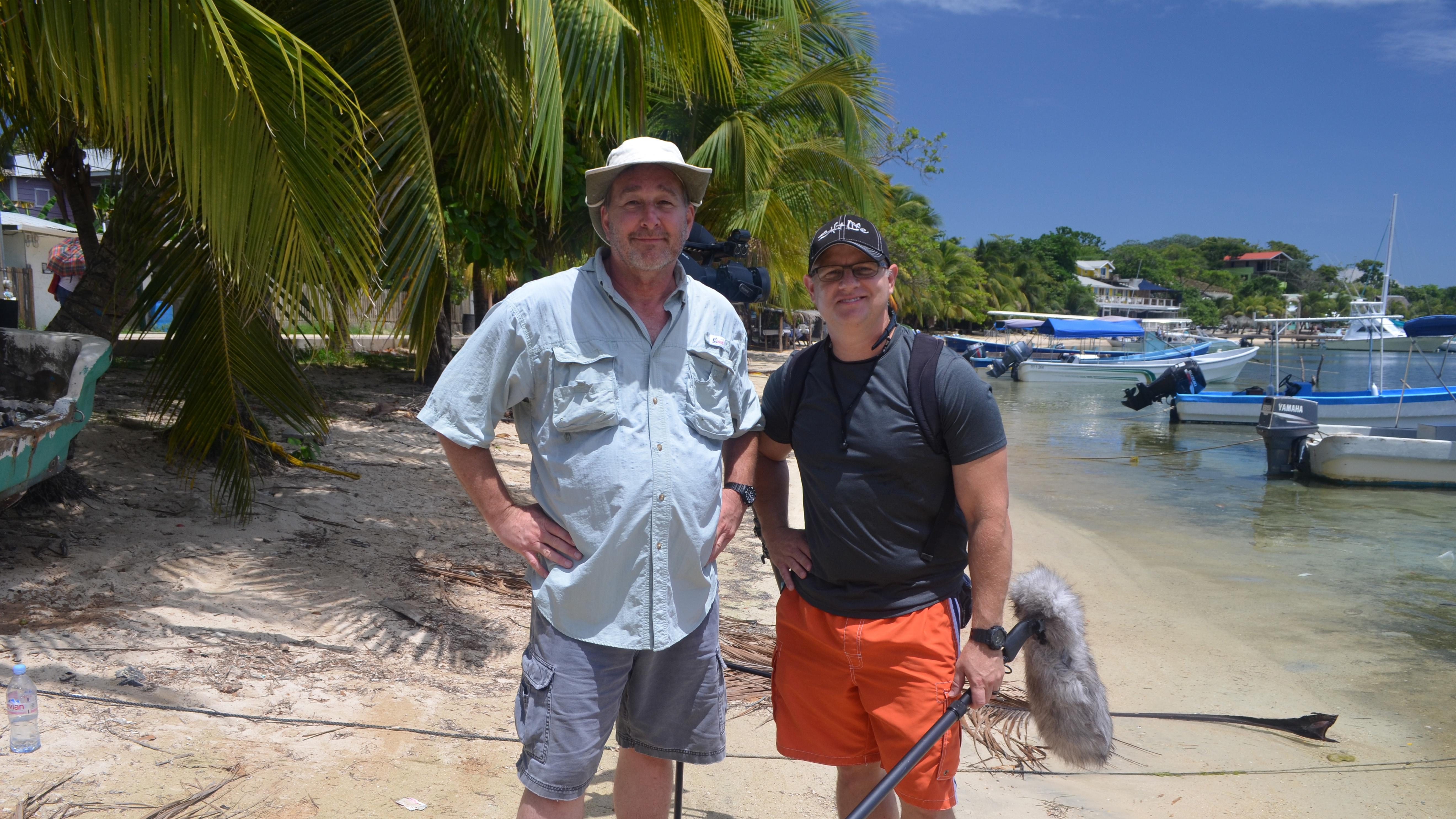
Changing Seas
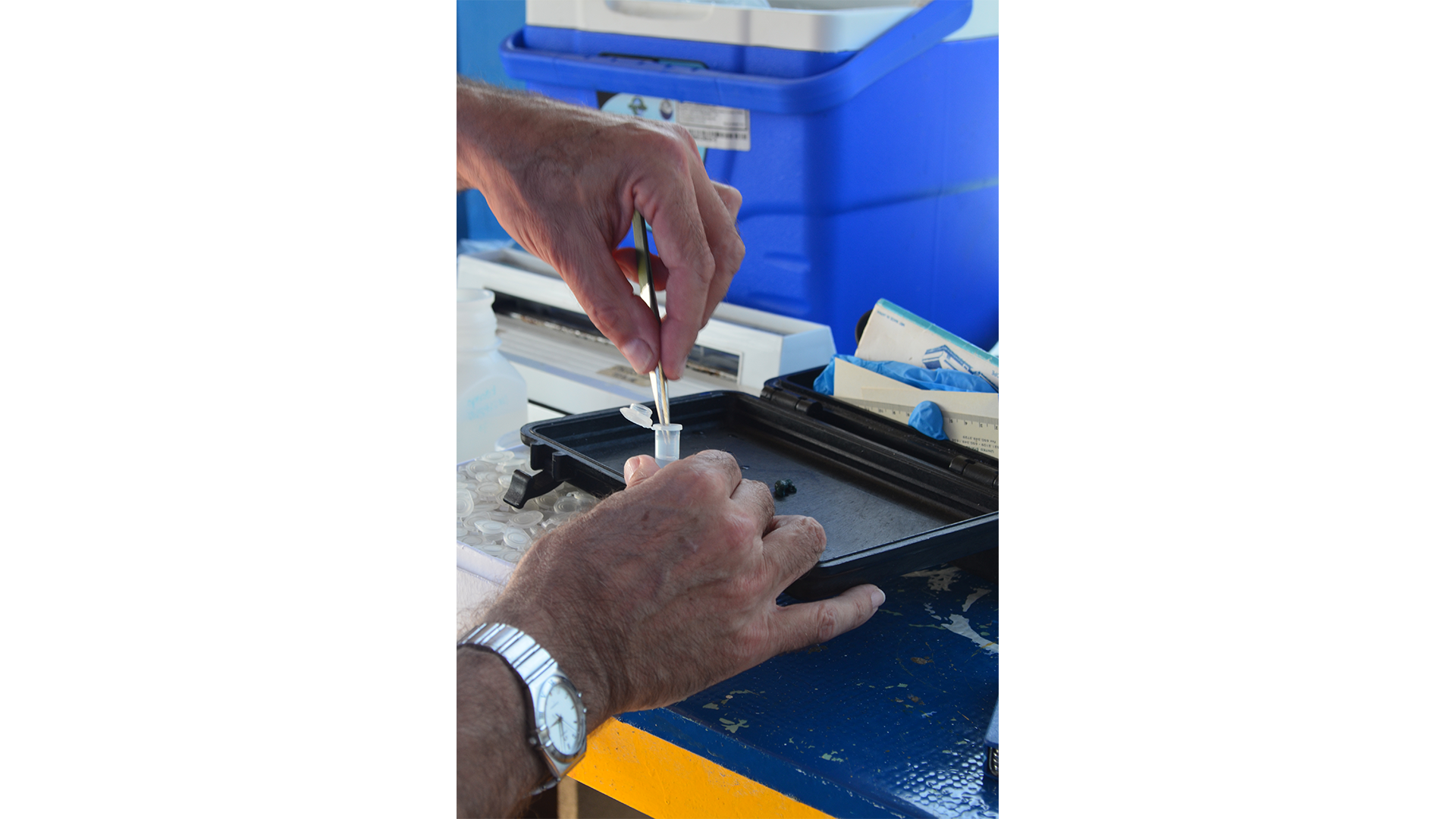
Changing Seas
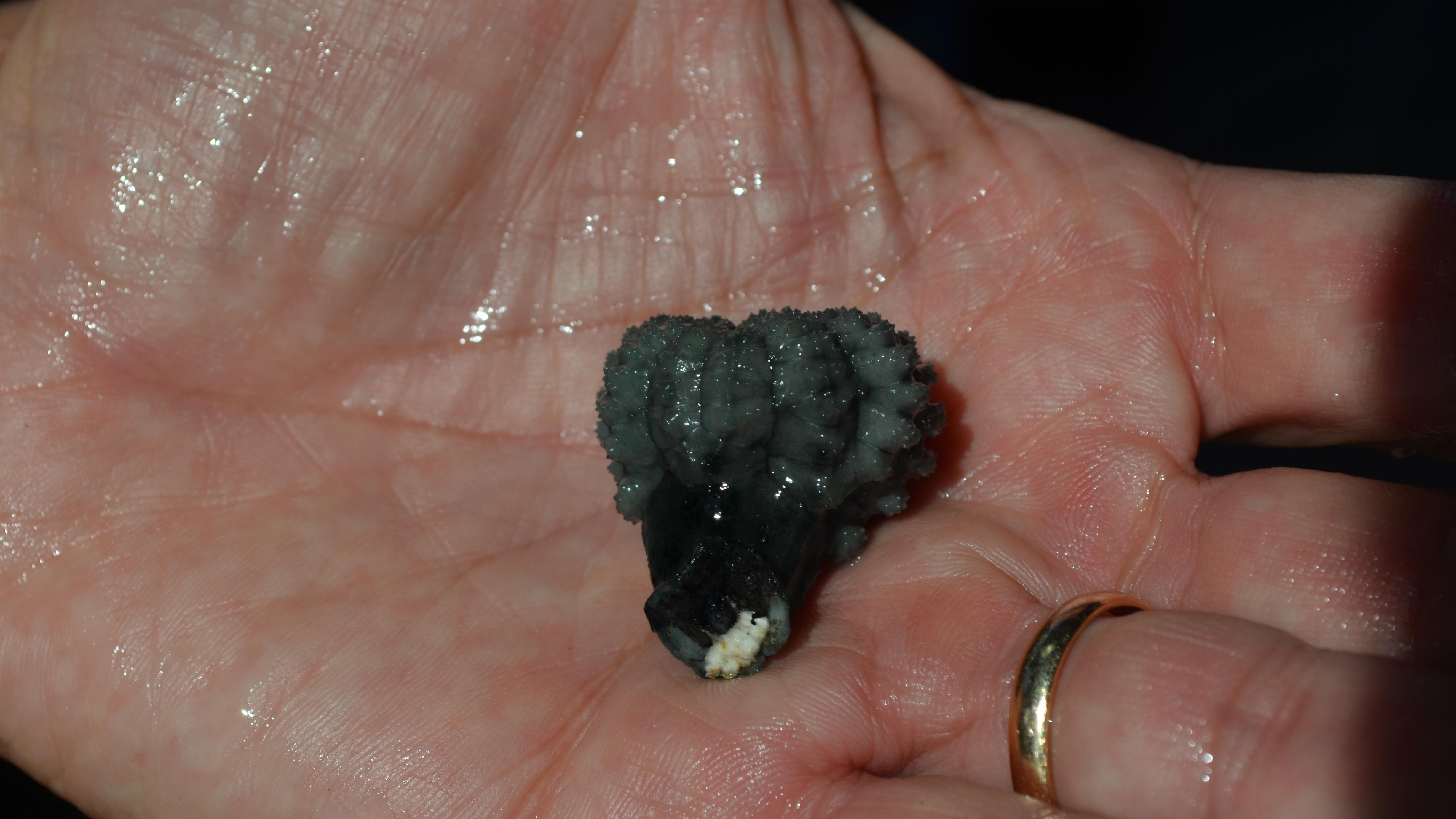
Changing Seas
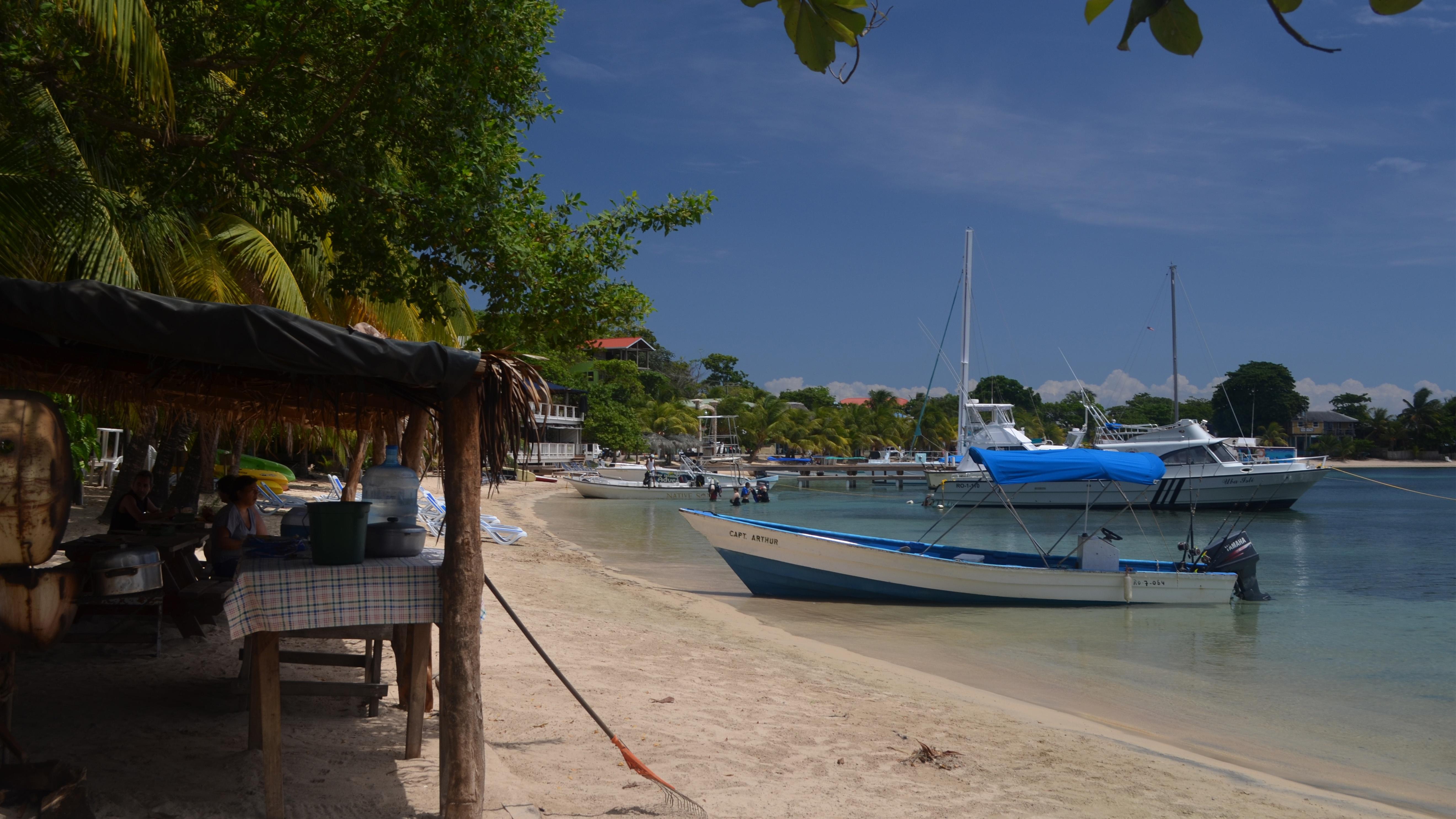
Changing Seas

Changing Seas
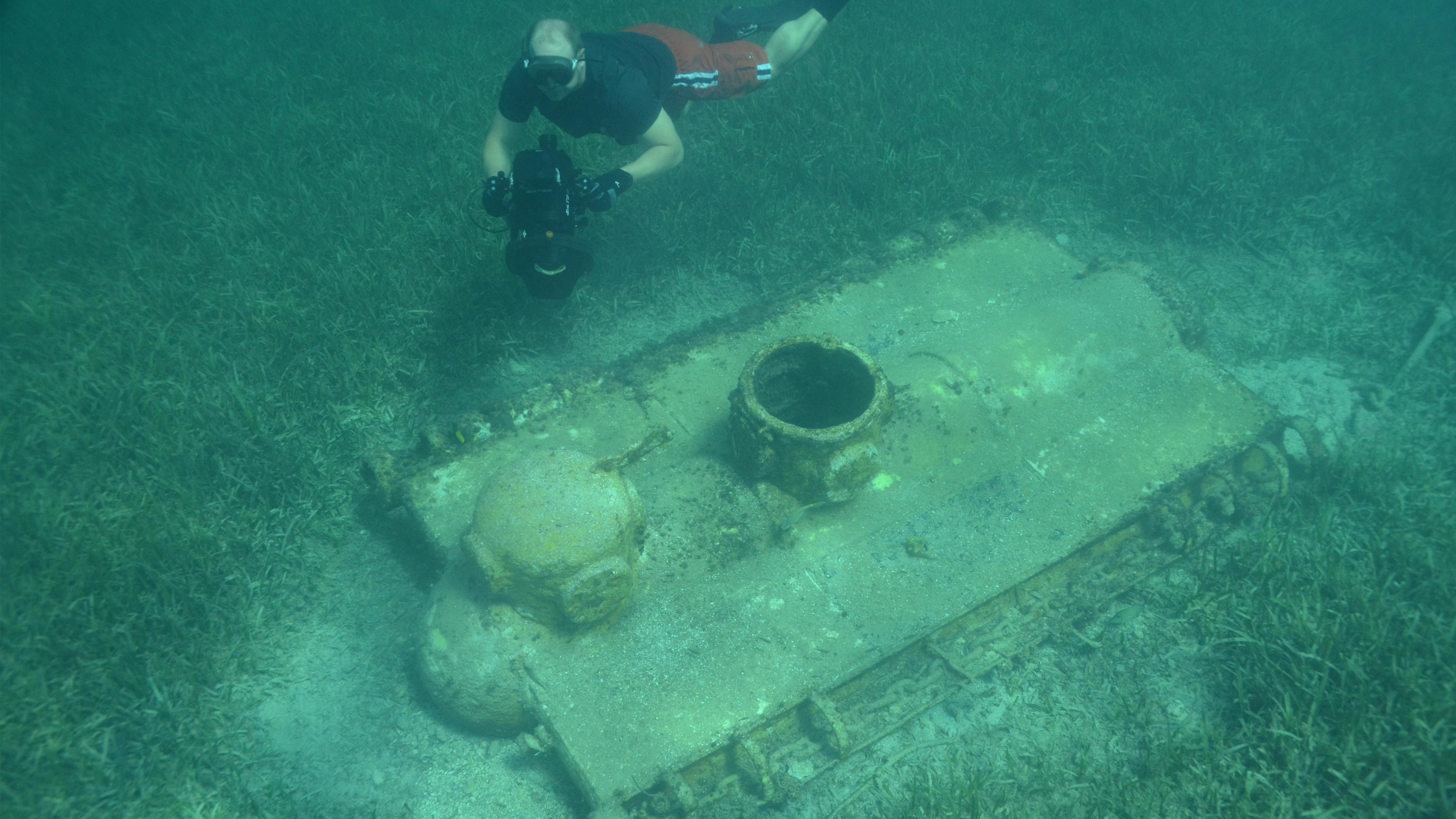
Changing Seas
Special Thanks:
Cocolobo at Seagrape Plantation
West End, Roatan, Honduras
+(504) 9898-4510
Tranquilseas Eco Lodge
and Dive Center
Carretera Principal, Sandy Bay 33166
Roatan, Honduras
+(504) 2407-2070
Image Credits
Changing Seas would like to thank the following individuals and institutions who kindly allowed their footage, images and other media to be used in this production:
Tomasz Baumiller
David Bowden/ LINZ-NIWA
Julia Margaret Cameron
Detroit Publishing Company
Forest Gahn
Freshwater and Marine Image Bank
William Herdman
Geo Hirst
S.C. Services
Las Vegas, Nevada
Joseph Koniecki
Library of Congress
Charles Messing
William Frederick Mitchell
Ken Moehn
Monterey Bay Aquarium Research Institute
National Library of Medicine
NOAA-OER
Oslo Museum image no. OB.F03334D
Michael Sars
Karl Stanley
Wikipedia author: Ghedoghedo
H. Zell
Special Thanks:
Mario Aguirre
Honduras Tourism Board
Web Extras
Various Types of Crinoids
Experience Roatan, Honduras
Funding for this episode of Changing Seas was provided by:



